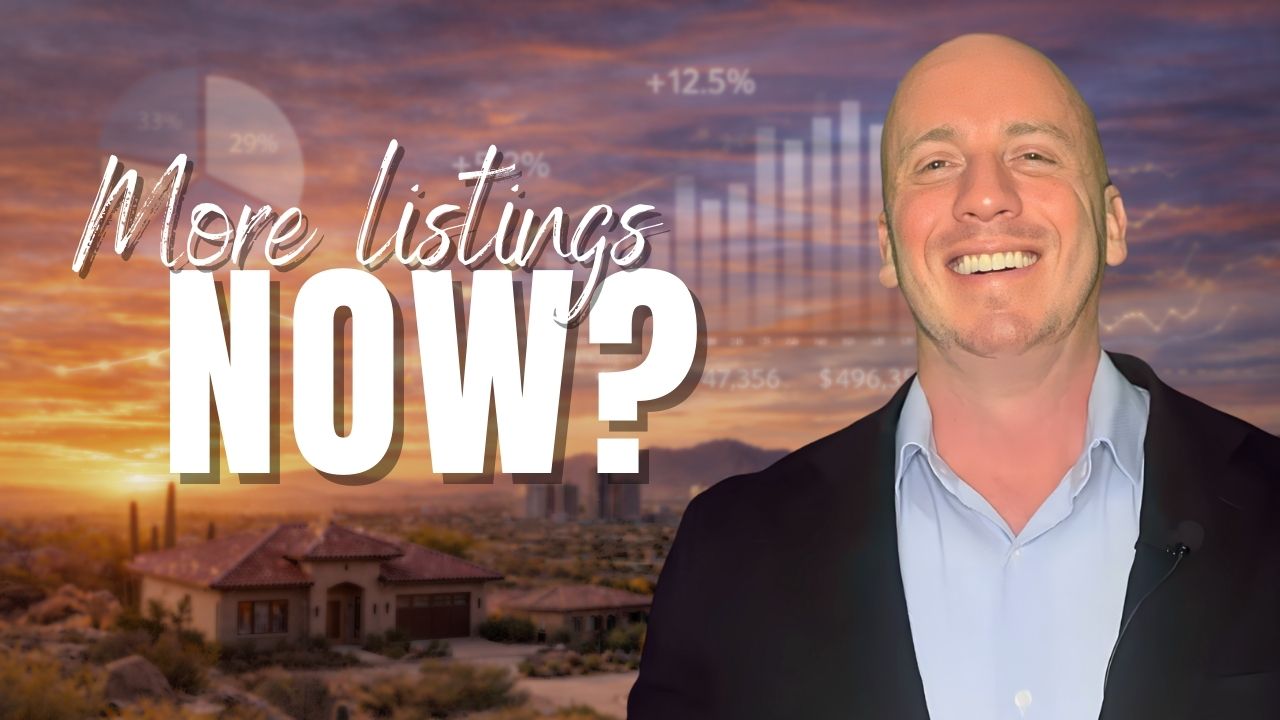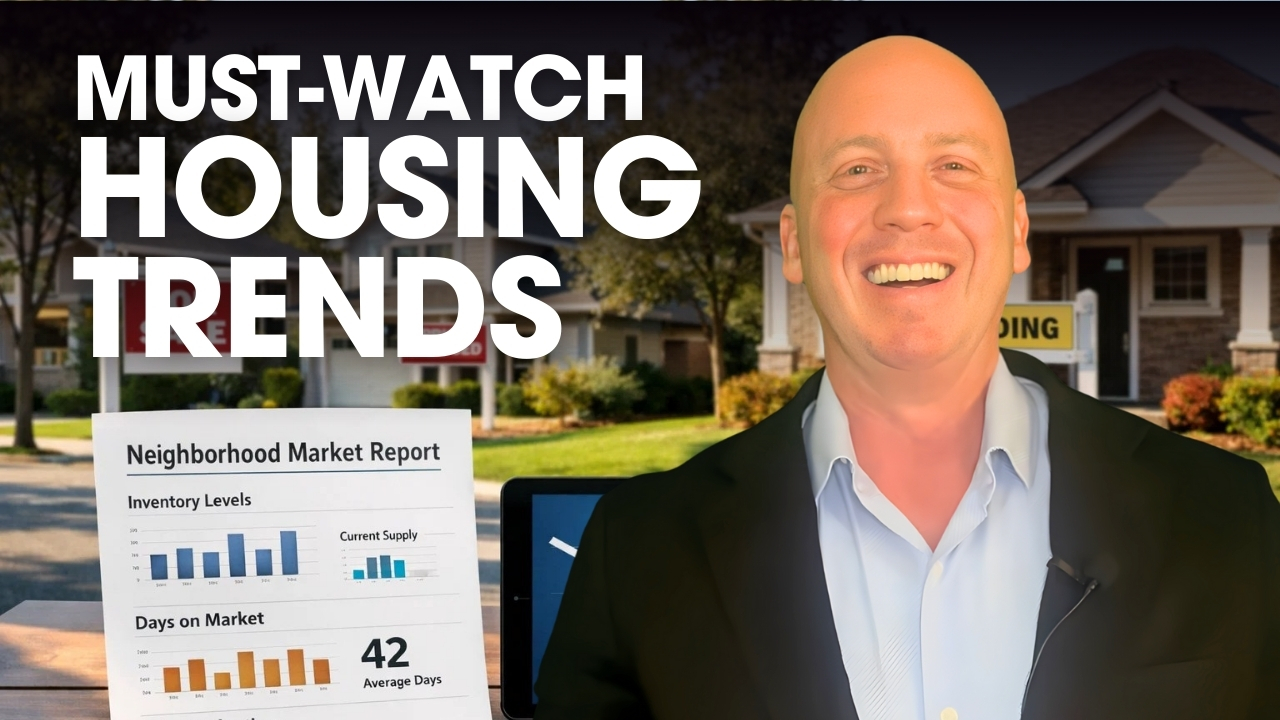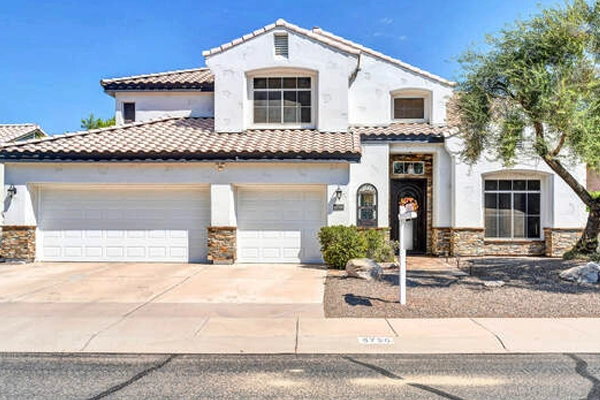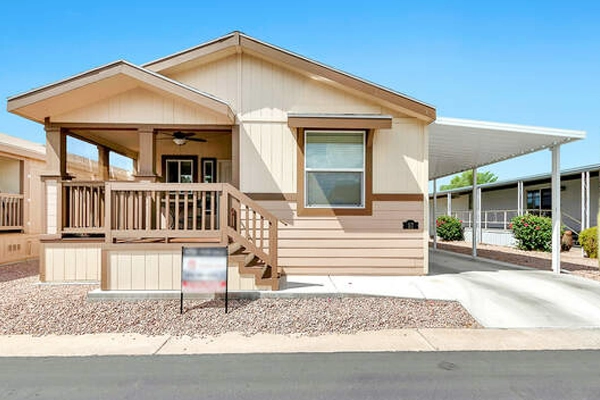Let’s Explore Your Selling Options. I’ll help you sell your home at the price and terms you want. Free Selling Strategy Call
In today’s discussion, we delve into the intriguing intersection of the real estate market, the economy, and what to anticipate in the coming year, 2024.
At present, Fannie Mae is sounding the alarm for an impending recession, likely to hit sometime in the fourth quarter of this year or the first quarter of the next. But what exactly is a recession? In simple terms, it’s a significant slowdown in the economy.
Federal Reserve Chairman Jerome Powell has been resolute in his stance on implementing rate hikes and a rigorous monetary policy. His rationale is tied to the need to see higher unemployment rates. This would put the brakes on economic growth and curb inflation. Of course, if these measures become overly aggressive, it could thrust us into a severe recession, leading to job losses and economic turmoil.
When individuals find themselves unemployed or facing reduced income, and they happen to own a home, the likelihood of them putting their property up for sale increases substantially. These are what we refer to as “motivated sellers.” An abundance of motivated sellers flooding the market can lead to an oversupply of homes, inevitably driving home prices down. The goal, then, is to avoid the Fed’s policy adjustments becoming too extreme and triggering a steep economic downturn.
It’s worth noting that every time the Federal Reserve has raised interest rates, it has coincided with a recession. So, it wouldn’t be far-fetched to expect one later this year or in the early part of next year. However, the key questions are: how severe will it be, and what will its implications be?
Despite the economic speculations and rate hikes, the current real estate market remains robust. Homes continue to sell, and interest rates are still historically low. To put it into perspective, any rate below 8% is considered historically low. We’ve become accustomed to the luxury of 3%, 2%, or 4% rates for over a decade. To illustrate how times have changed, back in 1999, when I obtained my real estate license, a good interest rate was 9%. People celebrated when rates dropped to seven and a half or eight percent, as it was an unheard-of achievement. We’ve become so accustomed to low interest rates that returning to a more typical rate has caused some anxiety.
The good news is that despite the interest rate adjustments and economic concerns, homes are still selling, and people are relocating to various areas, including here. In comparison to many major metropolitan areas around the country, our real estate still offers attractive prices. For those moving in, it’s akin to a real estate sale. So, if you know anyone considering buying or selling a home, or if you’re contemplating a move yourself, don’t hesitate to reach out.
I’m here to provide you with the insights and assistance you need to navigate these dynamic market conditions. Feel free to give me a call at (602) 738-9943. Additionally, if you found this information valuable, please share it with friends and family. I eagerly await your inquiries and look forward to assisting you.
-
Let’s Explore Your Selling Options. I’ll help you sell your home at the price and terms you want. Free Selling Strategy Call
-
What’s Your Phoenix Home Worth?. Are you thinking of selling your home or interested in learning about home prices in your neighborhood? We can help you. Free Home Value Report
-
Looking for a Phoenix Home?. Search the entire MLS for your Phoenix home. Search the MLS
-
Free Real Estate Newsletter. Get our latest Q&A, insights, and market updates to make smarter decisions. Subscribe Now







